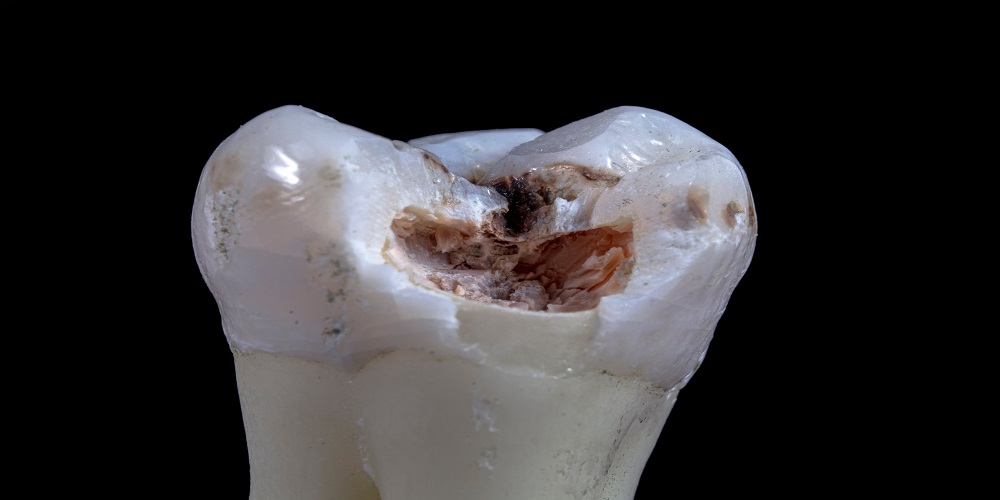Good oral hygiene is essential for everyone, especially for kids. Why? Because it helps keep our mouths healthy. This article will explain why we must teach kids oral hygiene.

What is Oral Hygiene?
Oral hygiene is about keeping your kids’ mouths clean thanks to a consistent cleaning schedule. Proper oral hygiene also include making sure they flossing their teeth. Proper hygiene helps saves teeth and keep gums strong and healthy.
Good Oral Hygiene helps to maintain the Health of kids’ Teeth.
When you brush and floss, you remove plaque-the main substance that causes cavities. Cavities can lead to toothaches and tooth loss.
Brushing and flossing help to Maintain Healthy Gums
Brushing and flossing also help your gums. Gums hold your teeth in place. Plaque can cause gum disease. Gum disease can make your gums red, swollen, and painful. It has been shown to cause tooth loss. Healthy gums are the result of regular brushing and flossing.
Fresh Breath
Brushing and flossing remove food particles. These particles can cause bad breath. Your breath stays minty and fresh when you care for your teeth and gums.
Good oral hygiene habits ensure bright smiles for your kids.
Brushing keeps your teeth clean. Clean teeth are whiter. Having a beautiful white smile may do wonders for your self-esteem.
Better Overall Health
Oral hygiene isn’t just about your mouth. It’s about your whole body. Other health issues may develop as a result of gum disease. Heart disease and diabetes are two examples. A healthy body begins with a healthy mouth.
Good oral hygiene habits ensure Saves your Money.
Dental treatments can be expensive. This includes fillings, root canals, and tooth extractions. oral hygiene can prevent these problems. It can save you Money in the long run.
Good Habits
Learning oral hygiene early is essential. Kids who learn to brush and floss can carry these habits into adulthood. They are less likely to have dental problems as adults.
When to Start Teaching Kids Oral Hygiene
Children need to learn more about adequately caring for their teeth and gums. Even before they have teeth, we can clean their gums with a soft cloth. Once they have teeth, we can start using a small toothbrush.
How to Teach Kids Good Oral Hygiene?
It’s best to make oral hygiene fun for kids. We can do this by turning brushing and flossing into a game. We can also let them choose their toothbrush and toothpaste. This makes them feel excited about cleaning their teeth.
The Benefits of Good Oral Hygiene
oral hygiene has many benefits. It helps kids have strong, healthy teeth. It prevents bad breath. It can also boost their self-confidence. When kids have clean, bright smiles, they feel good about themselves.
The Risks of Poor Oral Hygiene
Kids who don’t take care of their teeth can have problems. To name a few: foul breath, gum disease, and cavities. It can also affect their overall health. That’s why it’s so important to teach kids oral hygiene.
Daily Oral Hygiene Habits for Kids
Here are some daily habits that can help keep kids’ mouths healthy:
Brushing Teeth: Kids should brush their teeth twice a day. Have them use a fluoride toothpaste and a gentle toothbrush.
Flossing: It’s also important to floss once a day. Flossing gets rid of food that gets stuck between the teeth.
Eating Healthy Foods: Foods like fruits, vegetables, and cheese can help keep teeth strong. Stay away from the sodas and candy bars.
Drinking Water: Drinking plenty of water helps to wash away food particles and sugars from the teeth.
Key Tools for Good Oral Hygiene
Here are some tools that can help kids take care of their teeth:
- Toothbrush: Kids should use a soft toothbrush that is the right size for their mouths.
- Toothpaste: Fluoride toothpaste can help prevent cavities.
- Floss: Floss is essential for cleaning between the teeth.
- Mouthwash: Some older kids might also use mouthwash. This can help freshen your breath and get rid of bacteria.
Understanding Children’s Lip Biting After Anesthesia
Sometimes, after a dental procedure with anaesthesia, children might start to bite their lips. This can happen because the anaesthesia makes their lips numb, and children lip biting after anesthesia can happen almost reflexively. They can’t feel pain in their lips like they usually would.
Some Parting Thoughts on Teaching Kids Oral Hygiene
Teaching kids good oral hygiene is very important. It helps them have healthy teeth and gums. This will also prepare them for a lifetime of healthy teeth and gums. Let’s get our youngsters excited about taking care of their teeth. Let’s show them that caring for their teeth is something to smile about!
